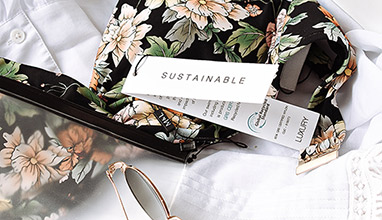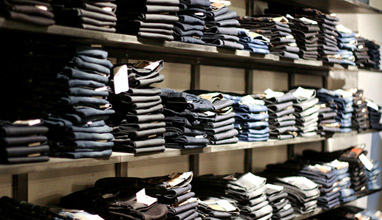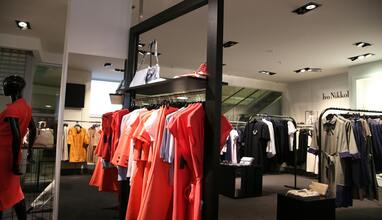Fast Fashion: Zara, Bershka, and the Giants Facing France’s New Law

Ubiquitous… and Controversial Brands
Zara, Bershka, Pull&Bear — these brands under the Inditex group dominate the European fast fashion market. With collections refreshed every two weeks, they embody a business model based on speed, variety, and low prices. Yet behind this commercial success lies a heavy environmental and social cost.
A Model Built on Overproduction and Mass Consumption
Brands like Zara produce millions of garments yearly, often in countries with lax social and environmental standards. This rapid, low-cost production generates significant CO₂ emissions, excessive water use, and tons of textile waste, often discarded after just a few wears.
The New French Law: A Challenge for Industry Giants
In response, France’s new bill imposes strict measures. For example, an environmental penalty on ultra low-cost items could directly impact these brands’ pricing strategies. Mandatory clear disclosure of a garment’s environmental impact could push for greater transparency — an area often criticized in fast fashion.
The Role of Advertising and Influencer Marketing
Zara and Bershka heavily invest in advertising and social media to drive fast consumption. The French law aims to limit promotional content from influencers, especially to combat greenwashing and overconsumption. This could reshape marketing practices in a sector where image is everything.
The European Context: Avoiding Unfair Competition
While France takes action, these brands operate across the entire European Union, where regulations remain unclear. Without harmonized environmental standards, French efforts risk being undermined as consumers turn to less regulated markets elsewhere in the EU.
Moving Toward a New Consumption Model
Under regulatory pressure, some brands are starting to explore more sustainable paths: recycled materials, shorter supply chains, or garment take-back programs. However, these initiatives remain marginal compared to overall production volume.
Conclusion: A Turning Point for Fast Fashion
Zara, Bershka, and their competitors face a critical crossroads. France’s law marks an important step toward more responsible fashion, but to truly transform the industry, coordinated EU-wide action is essential. Consumers also play a vital role by choosing quality and sustainability over quantity.
Photo : Depositphotos
Hits: 7597 | Leave a comment






















